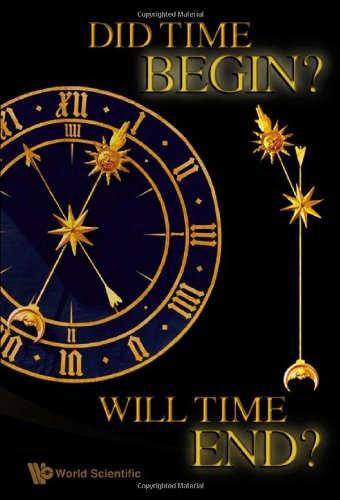

Most ebook files are in PDF format, so you can easily read them using various software such as Foxit Reader or directly on the Google Chrome browser.
Some ebook files are released by publishers in other formats such as .awz, .mobi, .epub, .fb2, etc. You may need to install specific software to read these formats on mobile/PC, such as Calibre.
Please read the tutorial at this link: https://ebookbell.com/faq
We offer FREE conversion to the popular formats you request; however, this may take some time. Therefore, right after payment, please email us, and we will try to provide the service as quickly as possible.
For some exceptional file formats or broken links (if any), please refrain from opening any disputes. Instead, email us first, and we will try to assist within a maximum of 6 hours.
EbookBell Team

4.1
70 reviewsRecent observational discoveries, especially that the expansion rate of the universe is accelerating, have revolutionized the understanding of the energy content of the universe. This development leads to new possibilities for the beginning and end of cosmological time. This book emphasizes the notion of entropy and describes how it is theoretically possible that the universe may end in a finite time or that time can cycle and never end.
Provided here is twenty-first century scientific knowledge, written by one of the world's most eminent theoretical physicists, that will better enable the public to discuss further the fascinating idea of time. It is ideally suited also for young people considering a career in scientific research.
Readership: Professional non-scientists to high school students considering a career in science.